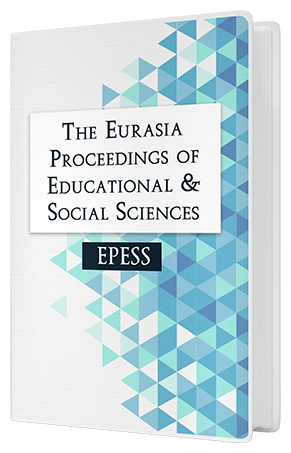Was the Medici Really the Most Powerful Family in Florence? Analysis of the Relationship Network of the 15th Century Florentine Merchant Families
DOI:
https://doi.org/10.55549/epess.1381974Keywords:
Network science, Complex networks, Business networks, Market position, PowerAbstract
In Florence in the 15th century, several families competed for power, during which they developed complicated business and family relationships. These families can be considered the big companies of the age. The results of network science have shown that a company's market power is determined not only by its financial and market positions, but also by its network position in the business network. The purpose of the research is to present the role of 15th-century Florentine families in their network of relationships and the resulting power position using quantitative methods. The research considers the business and family relationships of families as a multi-layered, complex network and examines them using network science methods. The research shows which families occupied the various positions of power in the complex network of relationships, and which families formed close groups within the network. One of the new areas of 21st century management is the network management, which focuses on examining the internal and external network of companies. The research examines the business positions of 15th-century Florentine families using the network management approach.Downloads
Published
Issue
Section
License
Copyright (c) 2023 The Eurasia Proceedings of Educational and Social Sciences

This work is licensed under a Creative Commons Attribution-NonCommercial-ShareAlike 4.0 International License.
The articles may be used for research, teaching, and private study purposes. Any substantial or systematic reproduction, redistribution, reselling, loan, sub-licensing, systematic supply, or distribution in any form to anyone is expressly forbidden. Authors alone are responsible for the contents of their articles. The journal owns the copyright of the articles. The publisher shall not be liable for any loss, actions, claims, proceedings, demand, or costs or damages whatsoever or howsoever caused arising directly or indirectly in connection with or arising out of the use of the research material. All authors are requested to disclose any actual or potential conflict of interest including any financial, personal or other relationships with other people or organizations regarding the submitted work.




